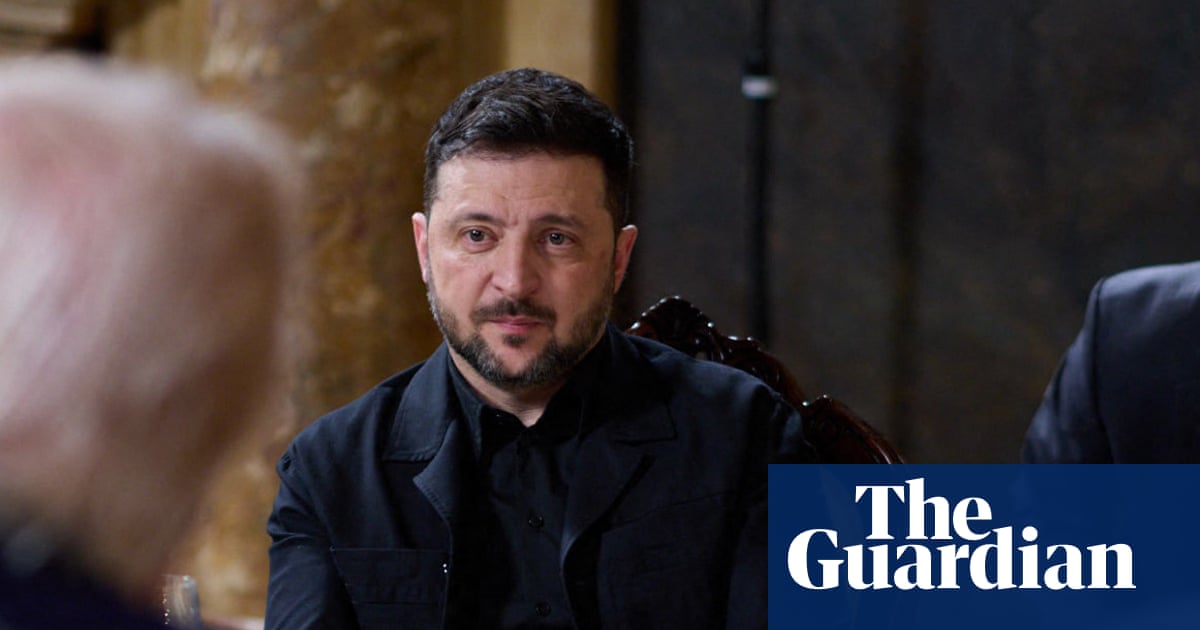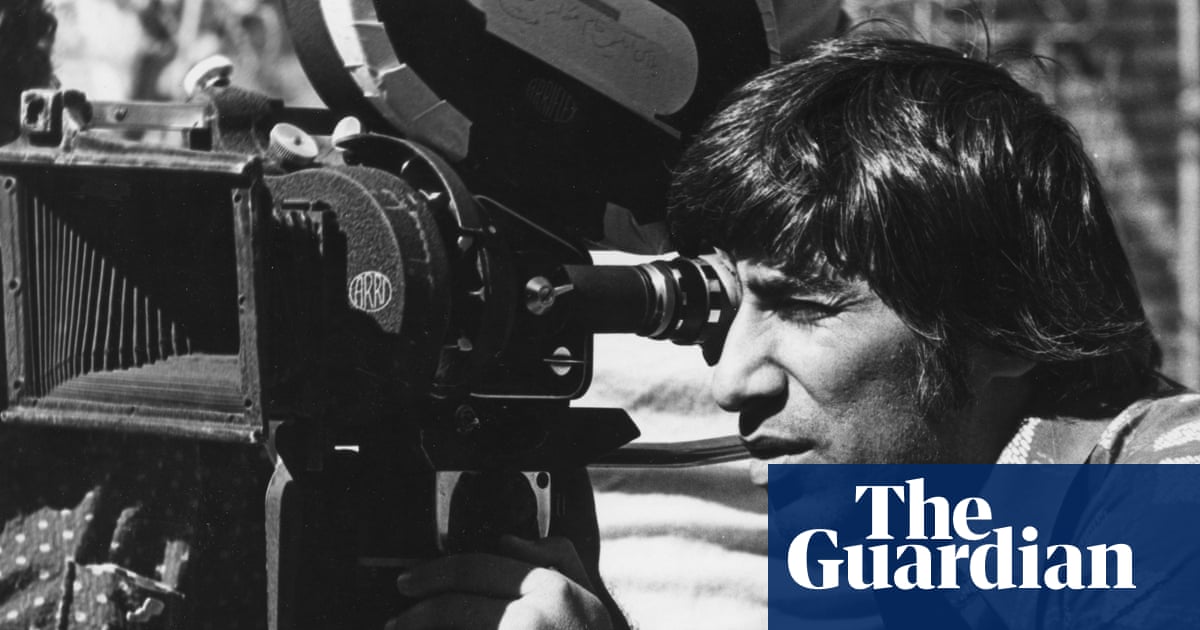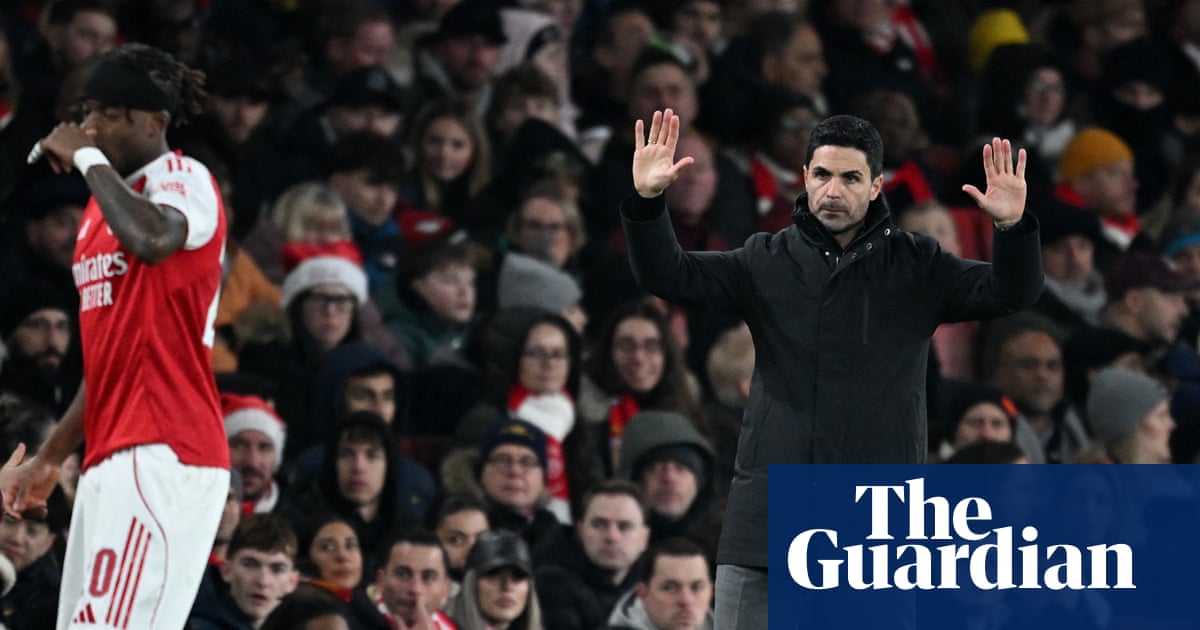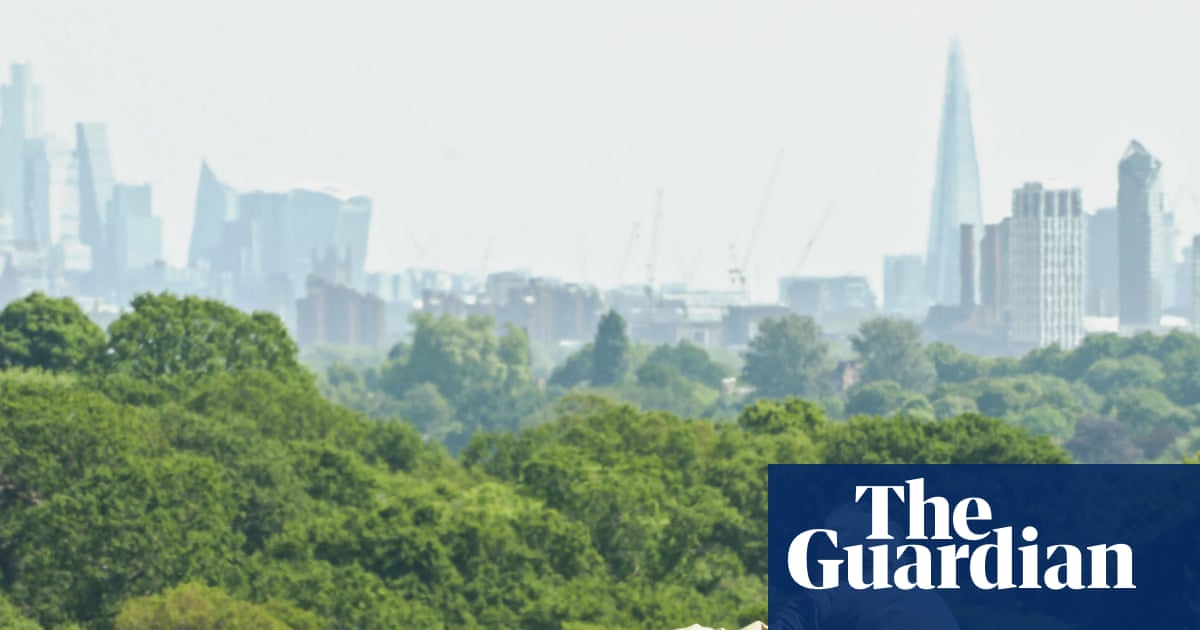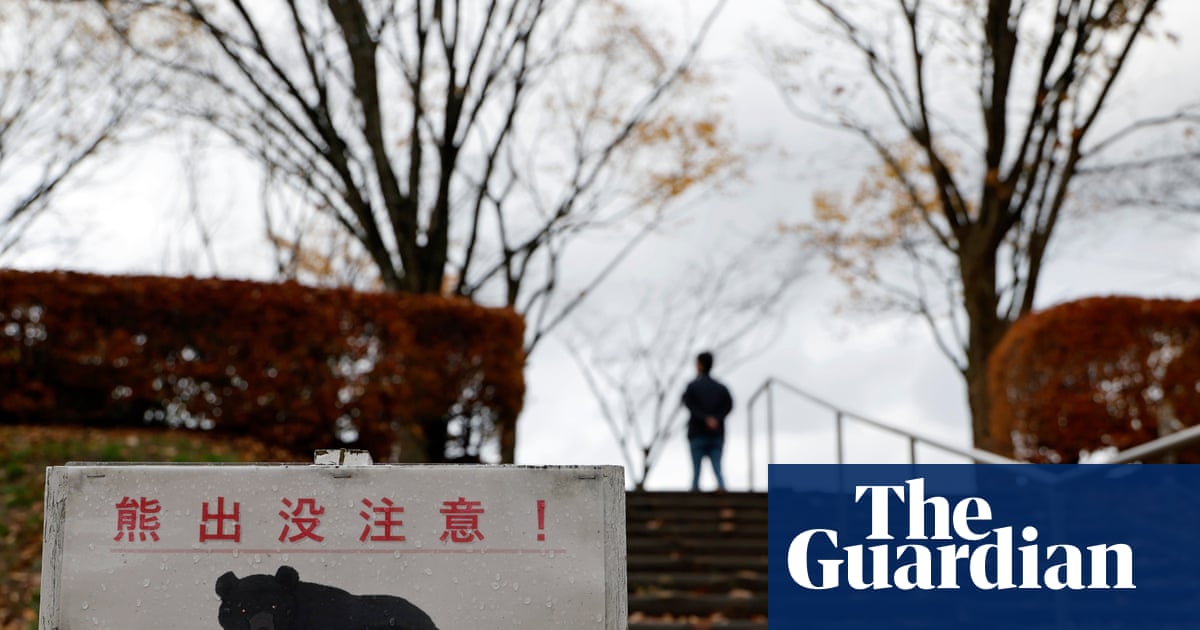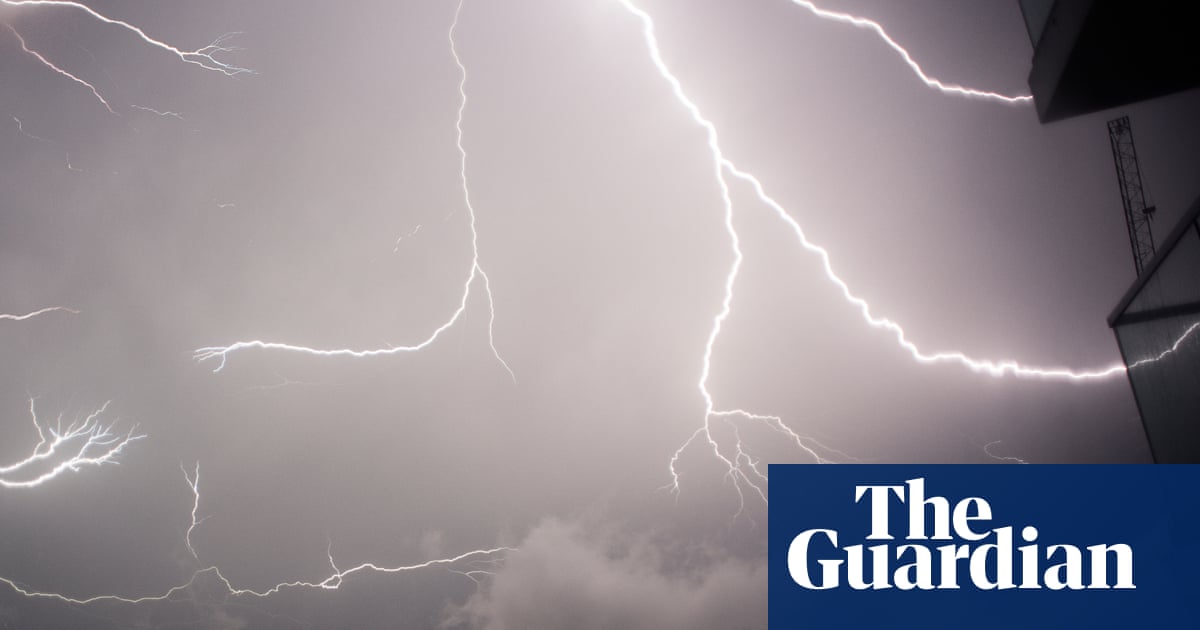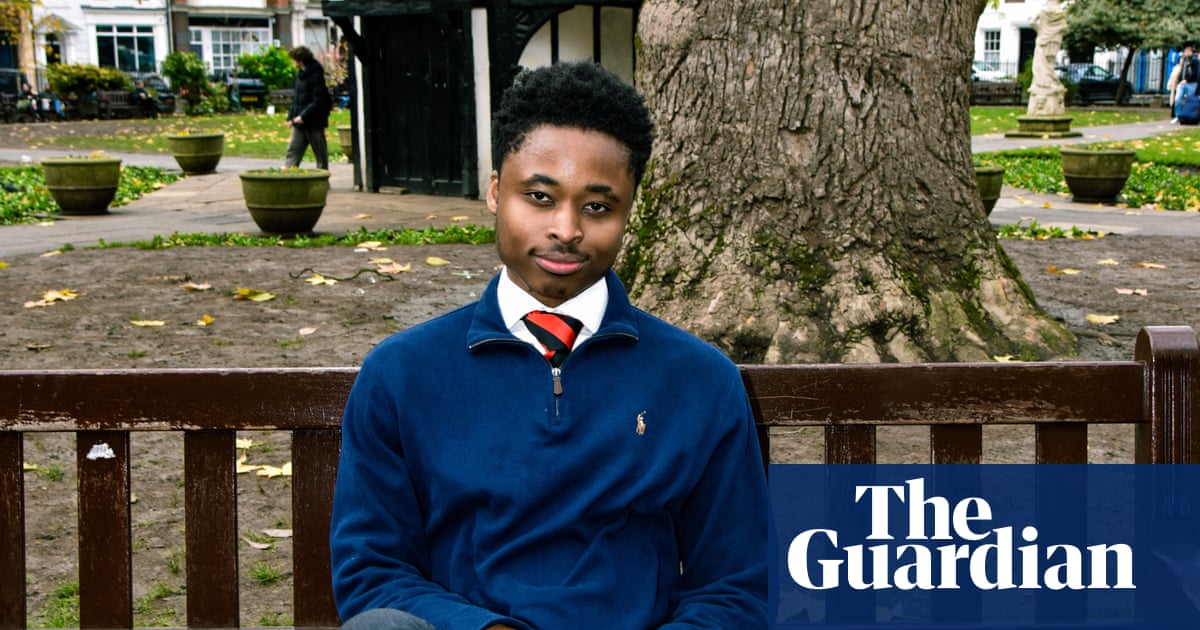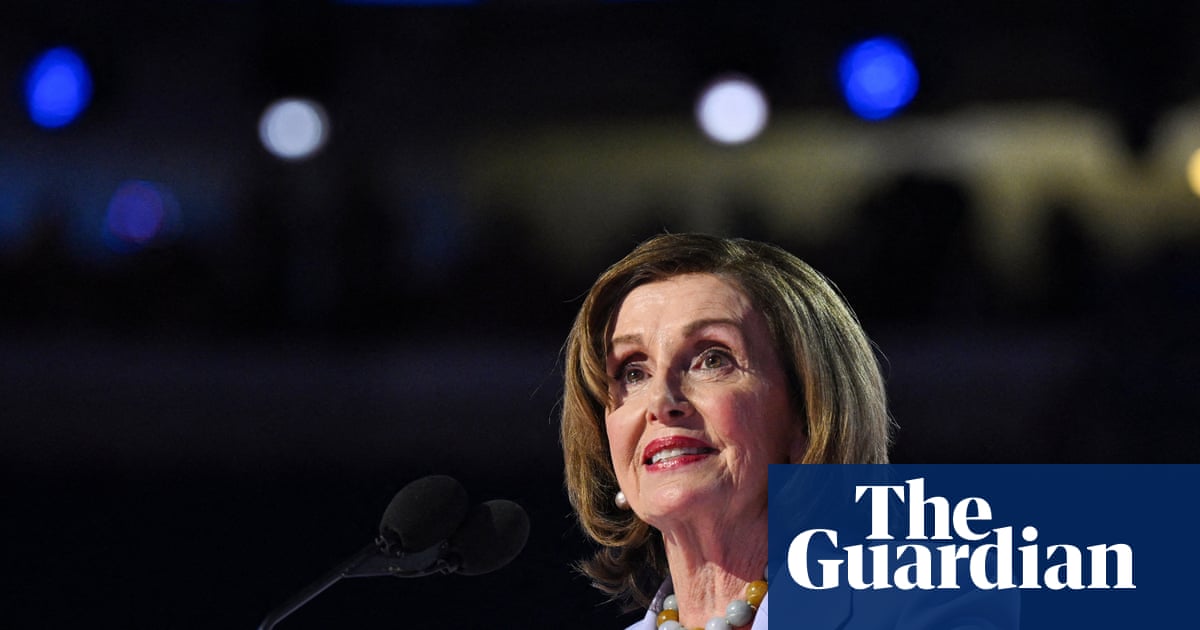The BBC has come under renewed pressure over the amount of coverage dedicated to Reform UK after an analysis showed Nigel Farage’s party featured in a quarter of all News At Ten bulletins over six months.
Reform featured in 49 bulletins between January and July this year, whereas the Liberal Democrats – the third party in parliament with 72 MPs – featured in 17.9% of bulletins, with 35 references.
The Cardiff University study found Reform was referenced in just under a fifth of ITV News At Ten bulletins, compared with 6.2% for the Liberal Democrats, meaning Reform was covered three times more.
The study of the two bulletins also raised questions about the scrutiny of Reform. In just under a fifth of cases, there was no analysis of Reform’s policies or claims. They were rigorously scrutinised in just under four in 10 cases, and to some extent in another four in 10 cases.
More than two-thirds of references to Reform featured some footage of its politicians, including Farage in a pub.
The corporation has already released a lengthy riposte to claims it was giving too much attention. It pointed out earlier this month that Reform had been the main beneficiary of a collapse in polling support for the two main parties and performed strongly in local elections, as well as leading opinion polls.
Confronted over the issue this week, the BBC director general, Tim Davie, insisted the corporation was not trying to ingratiate itself with Reform with increased coverage.
The study, however, raises questions about the relative coverage given to the two parties. On the rare occasions when stories included substantial Liberal Democrat claims, they received either high-level or some degree of scrutiny in half of them.
The other half of the coverage did not question or challenge the party’s positions largely as a result of the limited airtime it received, the study said.
It found that coverage had been quite even, but attention on Reform grew strongly after the local elections and with stories over its leadership.
“Broadcasters have considerable freedom to make editorial judgments about the airtime parties receive based on a range of criteria,” said Prof Stephen Cushion of Cardiff University’s school of journalism, media and culture, who led the study. “At present they appear to be applying greater weight to trends in opinion poll data as opposed to the amount of MPs a party has.
“While there are no rules on reporting party leaders, our study did find Nigel Farage was more prominently covered than the Liberal Democrats’ leader, Ed Davey – and often leading the news agenda. Broadcasters might want to consider the level of airtime granted to party leaders and the degree of scrutiny they receive.”
Davey said: “The facts don’t lie. The BBC is fuelling Reform’s rise by plastering Farage across our screens without providing the proper scrutiny the public deserves.
after newsletter promotion
“We need the BBC to live up to its promise of accurate and impartial coverage that represents the whole of the UK, instead of pandering to Farage and Reform.”
BBC insiders rejected any suggestion Reform was not being scrutinised, pointing to editorial guidelines requiring editors to take account of past and current electoral support. They added it was clear from all news outlets that Reform was “setting the political weather”.
A spokesperson for ITV News said the weight it gave to parties should be seen across all of its output, not one programme. “We strongly refute any suggestion that we do not scrutinise all political parties and their policies regardless of where they sit on the political spectrum,” they said.
“Editorial decisions are guided by news value and public interest, with coverage reflecting electoral performance and significant political developments.”
The study comes as the government has criticised the amount of coverage Farage has received in the media. The culture secretary, Lisa Nandy, accused GB News earlier this week of presenting “political polemic” as news by allowing politicians such as Farage to front a show.
GB News said Nandy was “either mistaken or misinformed about the nature of GB News programming”.

 3 months ago
49
3 months ago
49
